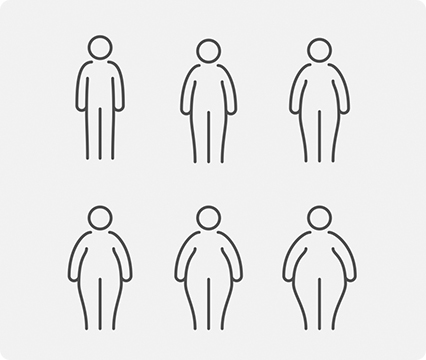The role of female family members in relation to body image and eating behaviour: A cross-national comparison between Western and Middle-Eastern cultures
Although recent research has increasingly focused on positive body image, there are still gaps in knowledge outside Western cultural settings. This study by Deek, Kemps & Prichard (2025) explored cross-national differences in how perceived pressures from female family members (mothers and sisters) relate to both negative and positive body image and eating behaviors. Participants aged 18–25 were recruited from Western (n = 486) and Middle-Eastern (n = 372) populations and completed an online survey assessing familial pressures, fat talk, internalization, appearance comparisons, body dissatisfaction, disordered eating, body appreciation, and mindful eating. Mothers and sisters emerged as significant sources of perceived pressure in both groups, with findings demonstrating similarities and differences in body image and eating behaviors across cultures. A key result was that Middle-Eastern participants showed higher levels of body appreciation and engaged more frequently in mindful eating practices, specifically eating without distraction, compared to their Western counterparts. Although young women from both regions experienced similar body image and eating challenges, Middle-Eastern women demonstrated stronger body appreciation, which could help buffer against these issues. These results deepen understanding of body image and eating behaviors across different cultural backgrounds and suggest the importance of family-focused interventions to promote positive outcomes. [NPID: Cross-national, negative body image, positive body image, eating behaviour, body appreciation, mindful eating, female family members]
Year: 2025
 Navigation
Navigation









